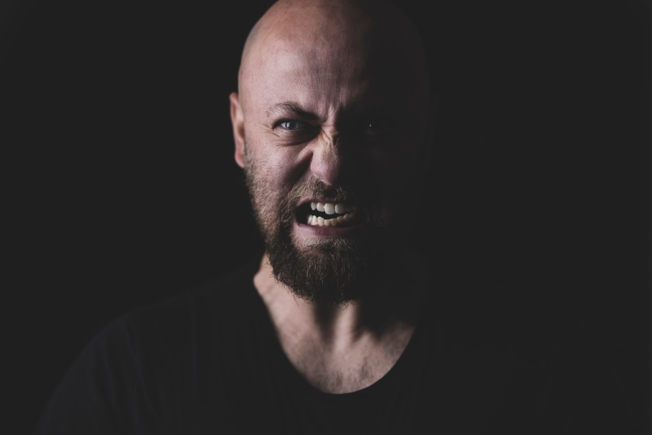Many people these days are using cognitive behavioral therapy CBT for misophonia treatment. People who suffer from misophonia dislike certain sounds to the extent of having angry reactions to them. Eating and breathing sounds are common misophonia triggers, along with sighing, slurping, sucking, clearing throat, swallowing, smacking lips, yawning, etc. That said, the sound triggers in misophonia are different for most people.
Sure, any repetitive or patterned sound, particularly when avoiding it is difficult, can trigger people. However, when someone suffers from misophonia, they react emotionally to certain triggers, including rage, anger, disgust, and anxiety.
Besides exhibiting severe emotional reactions, people with this condition also have physical reactions, which include elevated heart rate and increased muscle tension. Many people with misophonia also develop various other mental illnesses like obsessive compulsive disorder.
How do People Get Misophonia?
There needs to be more research regarding the particular causes behind misophonia. However, one thing is for certain, and it’s that it isn’t recognized as a neurological or psychiatric illness. It means the condition doesn’t have proper diagnostic criteria so far.
Many believe that misophonia isn’t too much of a neurological condition. Instead, it is a psychiatric one. Hearing sensitivity tends to be quite common in individuals with this condition. Moreover, the way people with this disorder process certain sounds are also abnormal, possibly because of limbic excitation or an autonomic nervous system.
This terrible condition usually develops in kids during their early teenage years. One study suggested that people suffering from misophonia also had siblings and other family members with this condition. The study suggested that genetic causes and risk factors could be associated with this condition.
Does Cognitive Behavioral Therapy CBT Work for Misophonia?
Unfortunately, misophonia doesn’t have a cure as of now. It could be because the condition is relatively new, and there needs to be more research. With more people learning about this disorder, there is a likelihood that scientists will work on finding a cure. That said, the absence of a cure doesn’t mean this condition is not treatable.
There are plenty of ways to treat misophonia, including cognitive behavioral therapy. This method has been the most effective for treating this condition. For those wondering, cognitive behavioral therapy is either conducted in groups or individually. Doctors usually gauge their patient’s condition to determine which option would suit them the most.
After that, they conduct short and long sessions to track their patient’s symptoms and look for patterns. Doing so helps the patients realize when they are most likely to exhibit signs of distress or anger, allowing them to focus on altering their behavior.
Cognitive behavioral therapy can last a few weeks to a few months, depending on the patient’s condition. Once doctors and their clients learn about certain patterns and triggers, they work on creating a plan to tackle misophonia correctly. It is worth keeping in mind that incorporating positive coping mechanisms and changes can take time. However, the results are worthwhile once you consistently work on them.
Cognitive Behavioral Therapy CBT for Misophonia: Final Thoughts
Treating misophonia is vital if you want your days to be stress free. When conditions like this get in your way, it is almost impossible to get anything done, and your life becomes full of hindrances. Stephen Katz Misophonia CBT Treatment can help you lighten this burden.
Contact us to book an appointment. We will prescribe you a suitable treatment for reducing your reactions to certain triggers. With our help, you will be able to enjoy life to the fullest by shifting your attention away from unpleasant sound triggers and focusing on positive thoughts.
Stephen Geller Katz LCSW-R
646-585-2251
Tele-Video Sessions
Speaks 5 languages
International Patients Welcome


